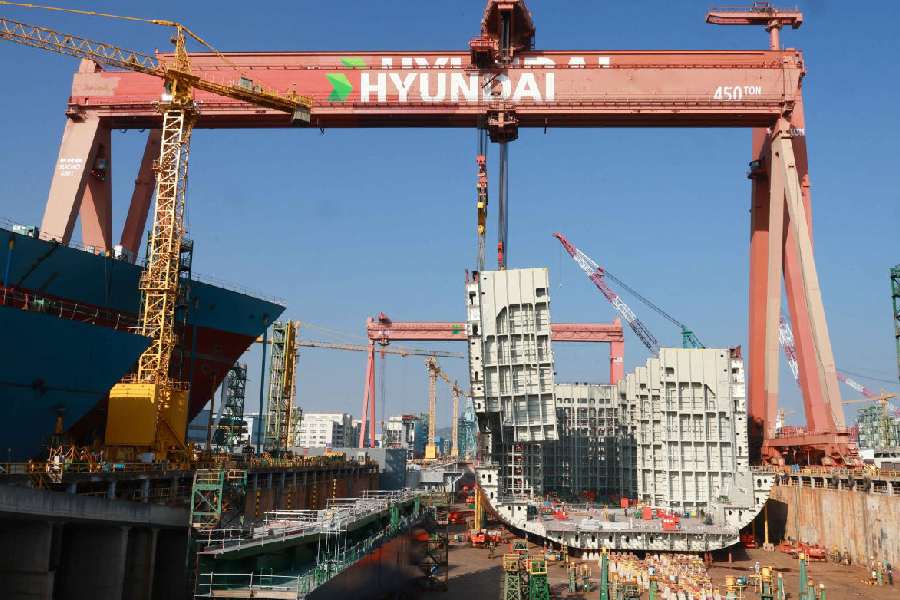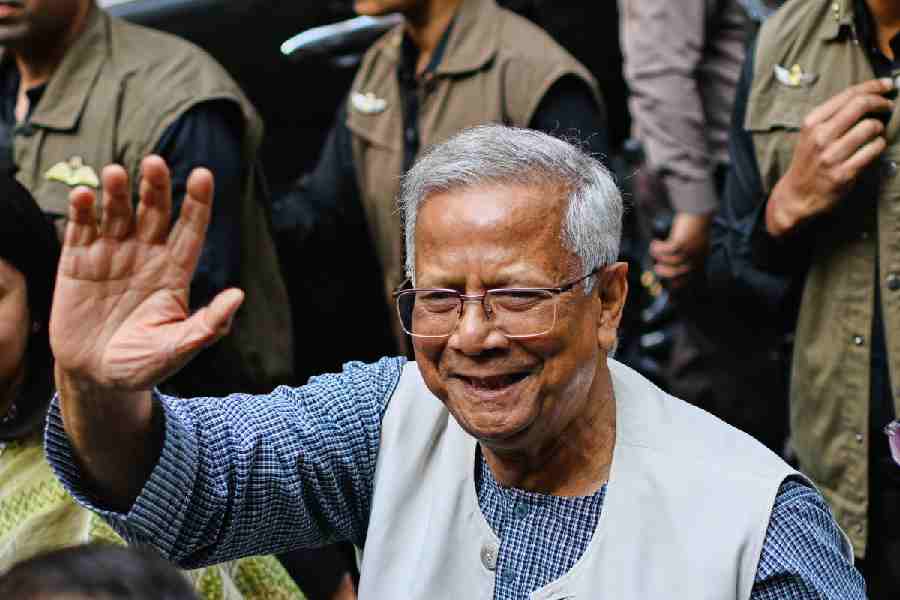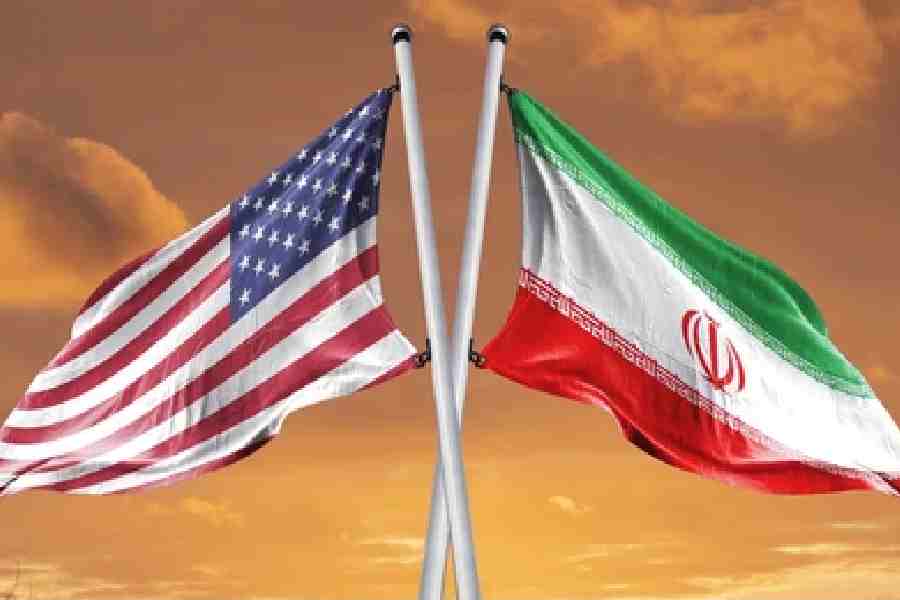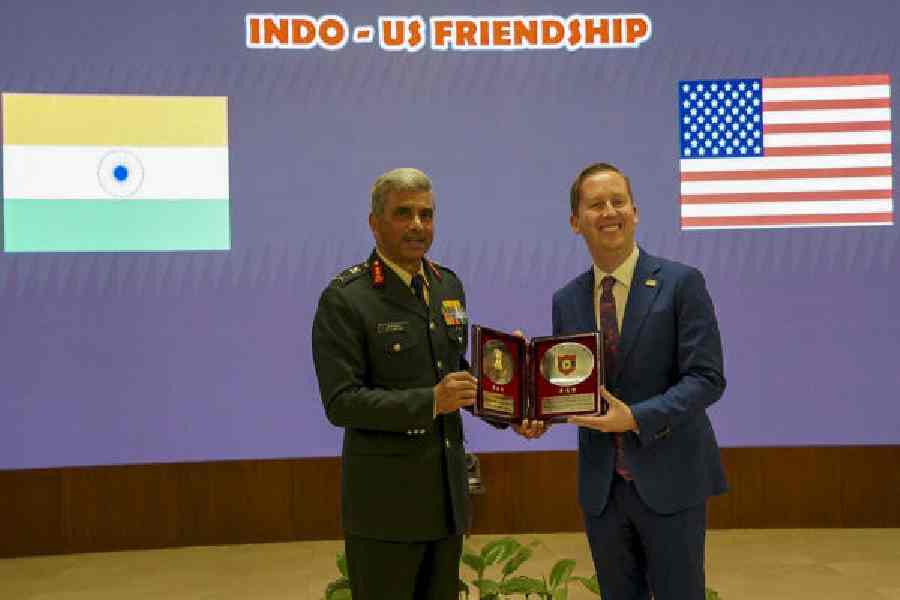The US has for years pressured South Korea to invest billions of dollars in American industry, a push that has only increased over the last few months.
That made it all the more shocking for South Koreans when they learned that US immigration officials had raided the construction site of a major Hyundai-LG plant in Georgia on Thursday, arresting hundreds of South Korean citizens.
US officials said they had arrested 475 people during the raid, in Ellabell, Georgia, because they were in the country illegally or working unlawfully. Most of them were South Korean nationals who had been sent to help finish building an electric-car battery factory, according to industry officials familiar with the project. Most, they said, were subcontractors working for the carmaker Hyundai and the battery maker LG Energy Solution, South Korean companies that share ownership of the plant.
The raid came at a sensitive time in trade relations, unsettling South Korean businesses investing in the US. Those companies face a unique problem under President Donald Trump. While encouraging them to invest in the US, his administration has also imposed heavy tariffs and drastically tightened visa allocations, making it more difficult and costly for them to ship components and find technicians to build their factories.
The arrests left officials in Seoul reeling. Just last month, President Lee Jae-myung of South Korea met with Trump, and the two men reaffirmed their countries’ seven-decade-old alliance.
They also agreed to a new broad-stroke trade deal. But officials from both sides remain engaged in tense negotiations over details of the deal, which was first announced in late July.
That uncertainty was reflected in South Korea’s shocked but subdued reaction to the raid.
The country was closely monitoring the case for clues on how the Trump administration’s immigration policy would affect the operations of South Korean industrial giants like Hyundai and LG. Those companies have been pouring billions of dollars into building new factories in the US under the encouragement of both governments, which seek to expand their alliance beyond military cooperation into global supply chains.
Both Hyundai and LG said little about the raid, except that they had started their own investigations, including into the practices of their subcontractors. But the unease was highlighted when South Korea’s foreign ministry issued an unusual statement on Friday, conveying its “concern and regrets” to Washington.
The ministry did not elaborate, but its language appeared to reflect South Korea’s frustration with the US government’s treatment of South Korean investors.
“The economic activities of our investment companies and the rights and interests of our citizens must not be unjustly violated during US law enforcement proceedings,” it said.
On Saturday, LG said it had ordered its employees on business trips in the United States to stay inside their accommodations or consider returning home immediately. It also barred staff from travelling to the US on business, except for client meetings and other purposes specifically designated by the company.
New York Times News Service










